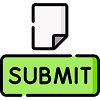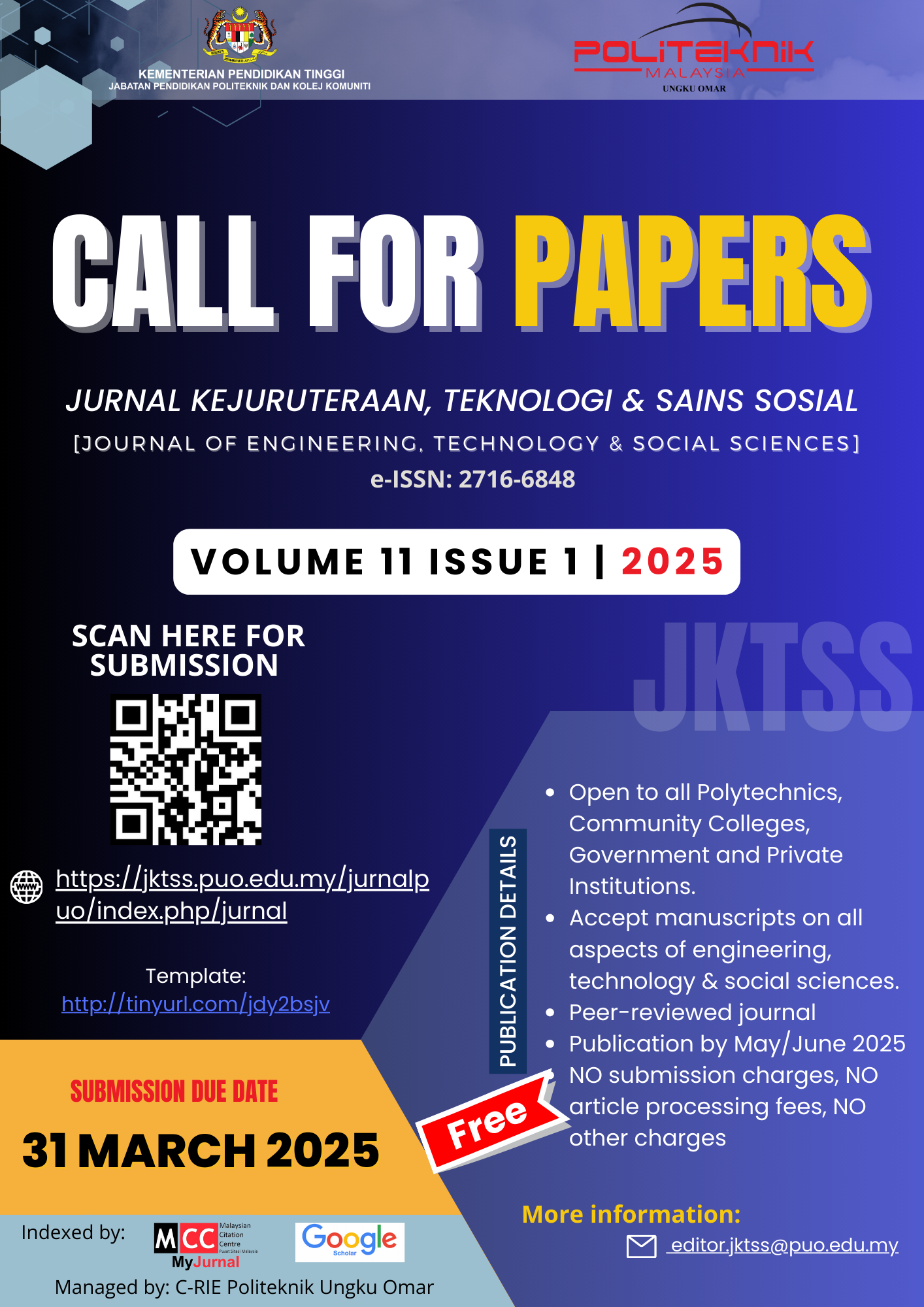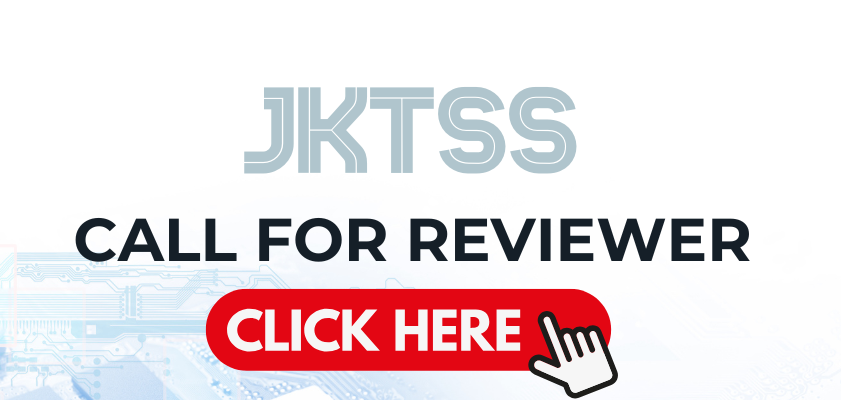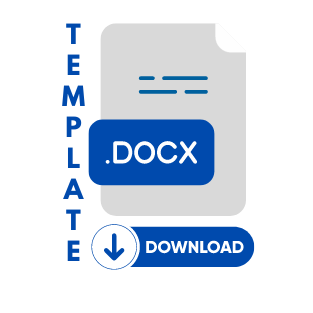PUBLISHED ISSUES
Plagiarism Policy
JKTSS upholds the highest standards of academic integrity and is committed to preventing and addressing all forms of plagiarism.
Definition of Plagiarism
Plagiarism is defined as the use of another person’s ideas, words, data, or work without proper acknowledgment, including:
-
Direct copying of text without quotation marks or citation
-
Paraphrasing substantial portions of another’s work without attribution
-
Presenting someone else’s data, figures, or experimental results as one’s own
-
Reproducing published content without appropriate permission or citation
Policy and Procedures
All manuscripts submitted to JKTSS PUO will undergo plagiarism screening using reliable plagiarism detection software (e.g., Turnitin or similar tools).
The following actions will be taken based on the similarity index and the extent of suspected plagiarism:
-
Similarity below 20% (with no major overlaps): Generally acceptable, with possible revision requested for proper citation.
-
Similarity between 20% – 40%: The manuscript will be returned to the author for revision and resubmission, with a requirement to properly paraphrase and cite all sources.
-
Similarity above 40% or evidence of deliberate plagiarism: The manuscript will be rejected, and a formal notice will be sent to the author(s) and, where applicable, the affiliated institution.
Author Responsibility
Authors are fully responsible for the originality of their work and must ensure that all sources are properly cited. Authors must also confirm, through a declaration, that the manuscript is their original work and has not been plagiarized.
Consequences
If plagiarism is detected at any stage—before or after publication—the journal reserves the right to:
-
Reject or retract the manuscript
-
Notify the author's institution or funding body
-
Ban the author from future submissions for a specified period
JKTSS PUO takes plagiarism seriously and will act swiftly to protect the integrity of the academic record.









